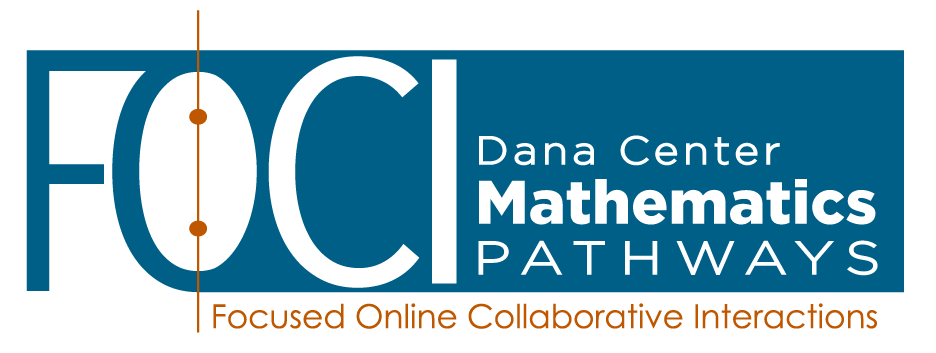Online Sessions through Teams:
Tuesday, 11am, Jan 25 – Integrate through Big Ideas
Tuesday, 11am, Feb 1 – Principles for Smart, Effective Teaching
Tuesday, 11am, Feb 8 – The Active, Engaged Classroom
Tuesday, 11am, Feb 22 – Sustaining Learning in the Era of Uncertainty
Tuesday, 11am, Mar 15 – Flipped Classrooms and Integrative Learning
Tuesday, 11am, Apr 5 – Integrating across Schools/Disciplines
Tuesday, 11am, Apr 19 – Assessing Integrative Learning
…
In-Person Sessions in the CTE:
Thursday, 12:30pm, Feb 17, Integrate through Big Ideas
Thursday, 12:30pm, Mar 10 – Principles for Smart, Effective Teaching
Thursday, 12:30pm, Mar 31 – The Active, Engaged Classroom
Thursday, 12:30pm, Apr 14 – Sustaining Learning in the Era of Uncertainty
…
Workshop Descriptions:
Integrate through Big Ideas
LRNG 192 – Concept-Based Approach to Integrative Learning
Description: The Concept-Based Approach to Integrative Learning workshop is designed to explore integrative learning within and across disciplines using concept-based teaching strategies. The purpose of this offering is to stimulate conversations regarding best practices for assisting students in making connections among concepts across disciplines and having those students actively participate in their learning.
The Active, Engaged Classroom
LRNG 130 – Impacting Motivation
Description: The Impacting Motivation workshop is designed to be an interactive presentation of several factors that influence student motivation. This session will to expose participants to best practices scholarship on motivation, help participants understand best practices approaches to enhance student motivation and learning, and explore the variety of cognitive, emotional, and cultural elements that impact student motivation
Flipped Classrooms and Integrative Learning
LRNG 190 – Affecting Positive Change through Student Motivation Using Active Learning
Description: The Affective Positive Change through Student Motivation Using Active Learning workshop is designed to empower faculty to have a toolkit of strategies that can help maximize student motivation. Notably, activities will focus on creating flipped classrooms that empower versatile teaching methods—face -to-face, hybrid, and online—which infuse to student motivation and self-directed learning.
Principles for Smart, Effective Teaching
LRNG 120 – How Learning Works
Description: The How Learning Works workshop is designed to be a brief summary of the concepts off the How Learning Works book. Participants will explore 5 out of the 7 principles and see the research-based strategies presented in the book for smart teaching.
Sustaining Learning in the Era of Uncertainty
LRNG 193 – Sustainability in Every Classroom
Description: This Sustainability in Every Classroom workshop identifies numerous ways that sustainability is actually intrinsic to everything we teach and encourages us to take active roles in shaping our students’ sustainability literacy. Activities will focus on identifying the various ways sustainability relates to disparate disciplines and developing activities that highlight those connections within existing learning outcomes.
Integrating across Schools and Disciplines
LRNG 201 – Intro to Integrative Learning at the Practitioner Level
Description: This session moves discussion and implementation of integrative learning into the Practitioner level (achieved by completing of 5 100-level integrative learning sessions). With the pedagogical and methodological work from those previous sessions as an informative background, we will move into constructing class activities and assignments that link larger theories about learning across disciplines and schools at GGC.
Assessing Integrative Learning in LCs
LRNG 202 – How Do I Grade This?
Description: This session addresses the question that often follows implementation of an integrative assignment for a class or a triad/tetrad of classes in a Learning Community: how should I grade or assess student work with integrative learning? We will explore several activities and assignments for integrative learning in LCs and examine possible rubrics for assessment.


